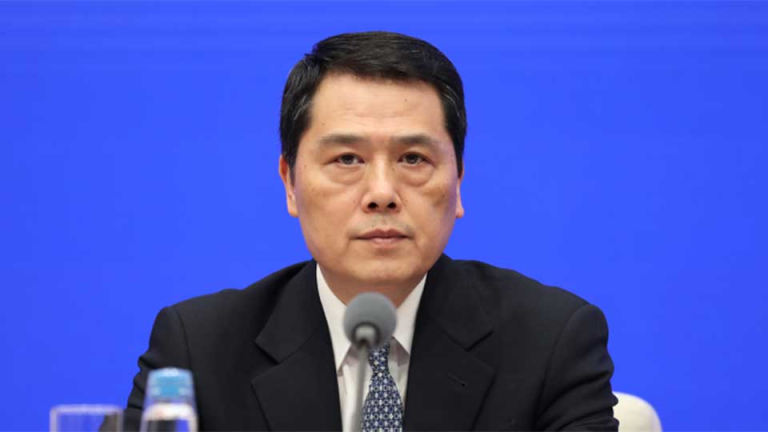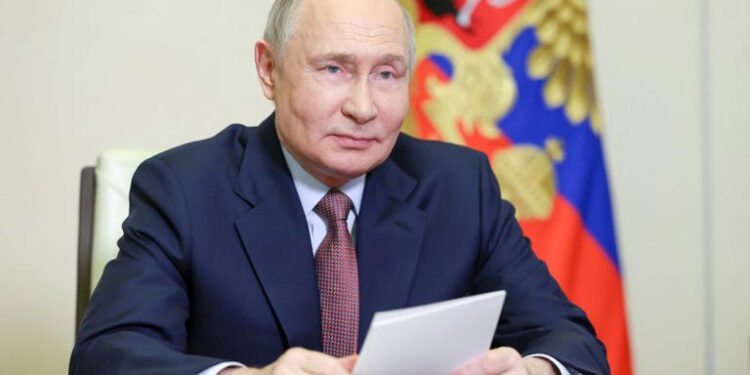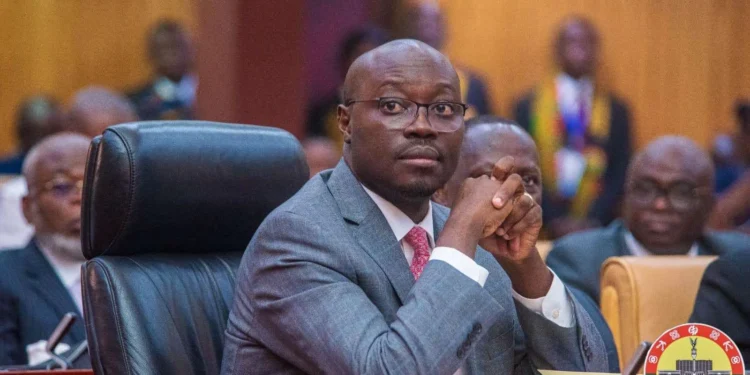China is reinforcing its long-standing economic ties with Africa by pledging to expand its investments across the continent, with a renewed emphasis on small and medium-sized enterprises (SMEs), infrastructure, and integrated trade development.
This affirmation came from Shen Xiang, Director of the West Asia and Africa Department at China’s Ministry of Commerce, during a media briefing in Beijing on Wednesday. Shen highlighted China’s evolving investment strategy and the growing appetite among Chinese firms to deepen their footprint in Africa.
“African countries have seen steady economic development in recent years, with the overall business environment continuing to improve and the willingness of Chinese firms to invest in the continent significantly growing.”
Shen Xiang
According to the Ministry of Commerce, China’s direct investment in Africa has consistently averaged more than $3 billion annually over the past five years. These investments span industries, including infrastructure, manufacturing, and resource extraction, signifying a dynamic and multifaceted partnership.
Shen noted that while China’s traditional investment strengths lie in construction and manufacturing, the “entities involved in China’s investments in Africa have become increasingly varied.”
Powering Growth In Africa Through Strategic Projects
He emphasized that China aims to deepen collaboration through corporate cooperation, especially involving SMEs. The ministry plans to encourage the establishment of industrial parks, logistics hubs, and power and energy facilities tailored to the development needs and resource strengths of African nations.
“The ministry will encourage Chinese companies to coordinate the construction of various industrial parks, logistics facilities, power and energy projects tailored to the resource endowments and industrial development plans of African countries.”
Shen Xiang

The Chinese government also intends to promote greater synergy between trade and investment, focusing on sustainable projects and inclusive economic participation. Additionally, Shen confirmed plans to support partnerships between young entrepreneurs from China and Africa to foster innovation and cross-border collaboration.
As of 2025, China remains Africa’s largest trading partner for the 15th consecutive year. Bilateral trade hit a historic high of $282 billion in 2023, while the total stock of Chinese direct investment in Africa has surpassed $40 billion. This vast economic engagement continues to shape Africa’s development trajectory.
Moreover, infrastructure remains the linchpin of China’s African investment strategy. Major undertakings include the Nairobi-Mombasa Standard Gauge Railway in Kenya, the Addis Ababa-Djibouti Railway, and significant port developments in Nigeria, Egypt, and Tanzania. Chinese companies are currently involved in 62 African port projects — vital nodes in global supply chains, particularly for minerals like lithium, cobalt, and copper that are critical for clean energy technologies.
These infrastructure initiatives are often propelled by the Belt and Road Initiative (BRI), China’s flagship foreign investment program aimed at enhancing global trade connectivity. Through the BRI, China has helped reshape Africa’s industrial and transport capacity, fostering regional integration and economic modernization.
However, China’s approach is undergoing a notable transformation. Official loan commitments to Africa have sharply declined, from $28.5 billion in 2016 to less than $1 billion in 2022. This decline marks a strategic shift toward sustainable models like public-private partnerships (PPP), local engagement, and private sector-led investments. The African Continental Free Trade Area (AfCFTA) is also playing a pivotal role, offering a unified market that encourages regional value chains and diversified trade flows.
China’s Africa strategy in 2025 reflects a broader geopolitical calculus — securing critical mineral supply chains, deepening diplomatic ties, and expanding its global influence. African governments, in turn, are increasingly calling for transparency, equitable trade agreements, and strategic diversification to mitigate dependency risks.
As such, China’s evolving role in Africa is now defined by a hybrid approach — blending state-backed infrastructure investments with growing private sector initiatives and sustainability-driven partnerships. Both regions appear poised to benefit from this deepened engagement in an increasingly interconnected global economy.
READ ALSO: Cedi Appreciation Driven By Mahama’s Strategic Economic Interventions























